Pchum Ben is a public holiday in Cambodia that follows the period called “Vassa,” a kind of “Buddhist Lent,” and has been kept with great devotion by the Khmer people for longer than anyone can remember.
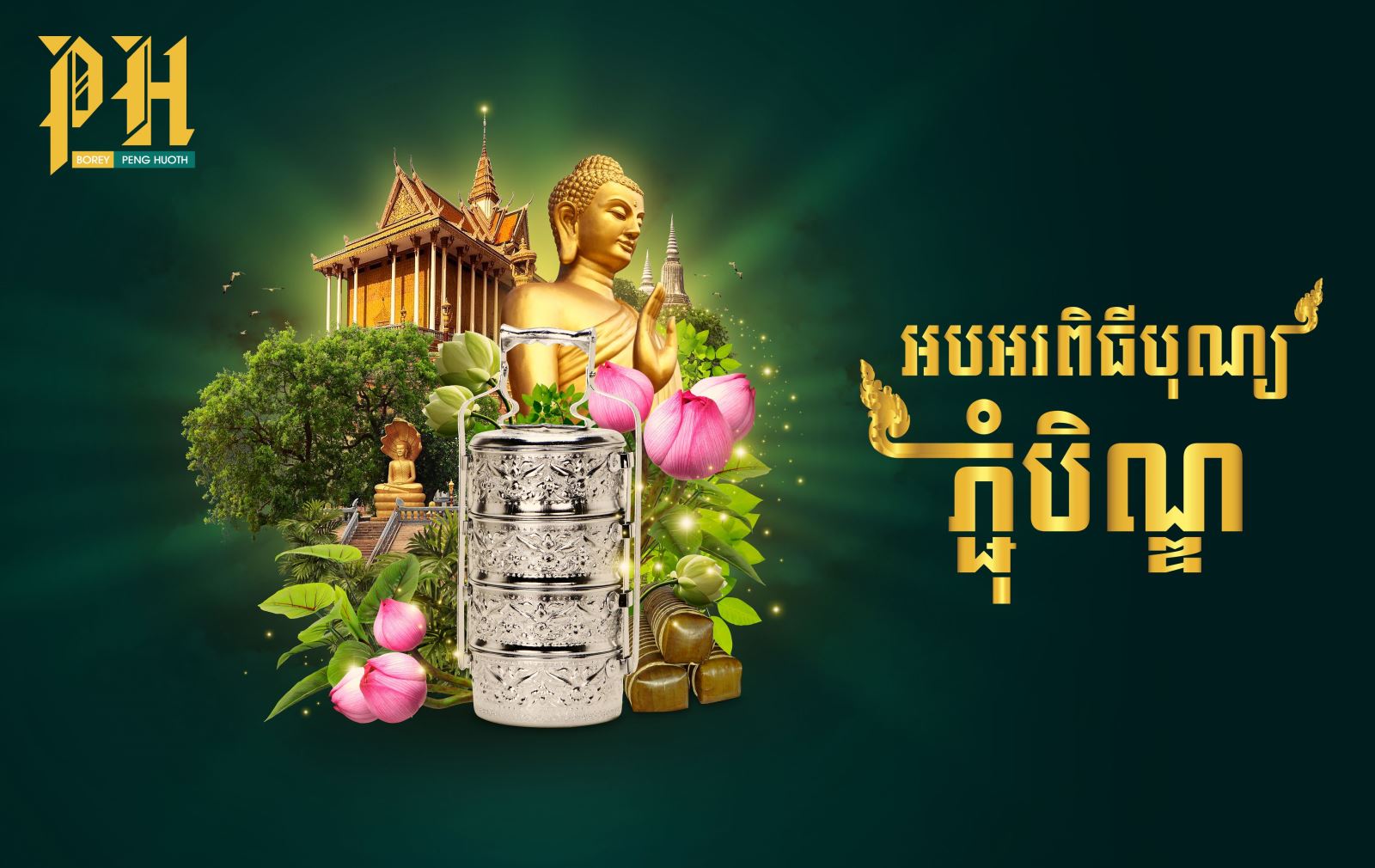
The day is a time when many Cambodians pay their respects to deceased relatives of up to 7 generations. Monks chant the suttas in Pali language overnight (continuously, without sleeping) in prelude to the gates of hell opening, an event that is presumed to occur once a year, and is linked to the cosmology of King Yama originating in the Pali Canon. During this period, the gates of hell are opened and ghosts of the dead (preta) are presumed to be especially active.
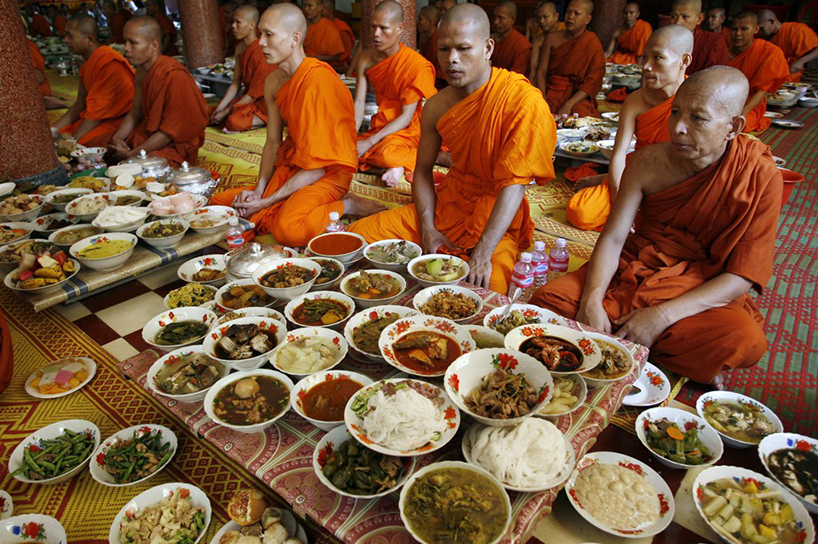
In order to combat this, food-offerings are made to benefit them, some of these ghosts having the opportunity to end their period of purgation, whereas others are imagined to leave hell temporarily, to then return to endure more suffering; without much explanation, relatives who are not in hell (who are in heaven or otherwise reincarnated) are also generally imagined to benefit from the ceremonies.
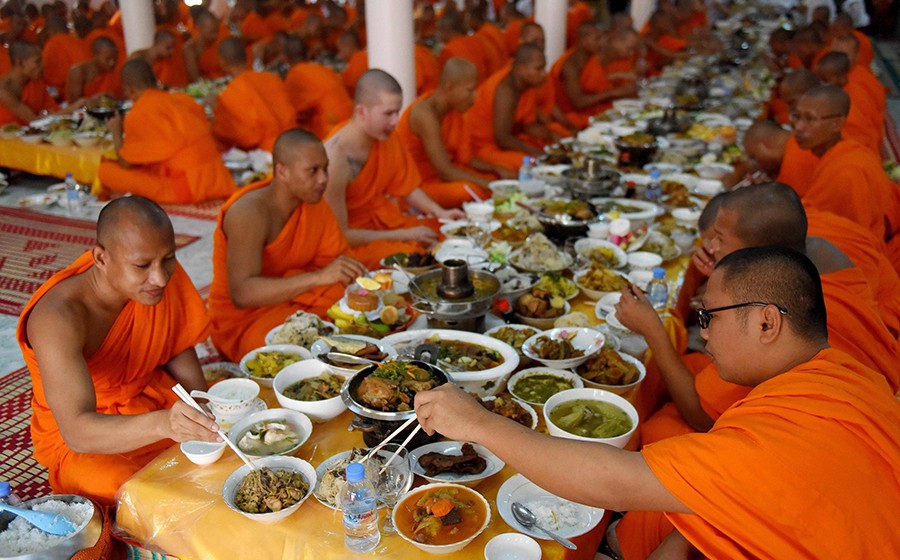
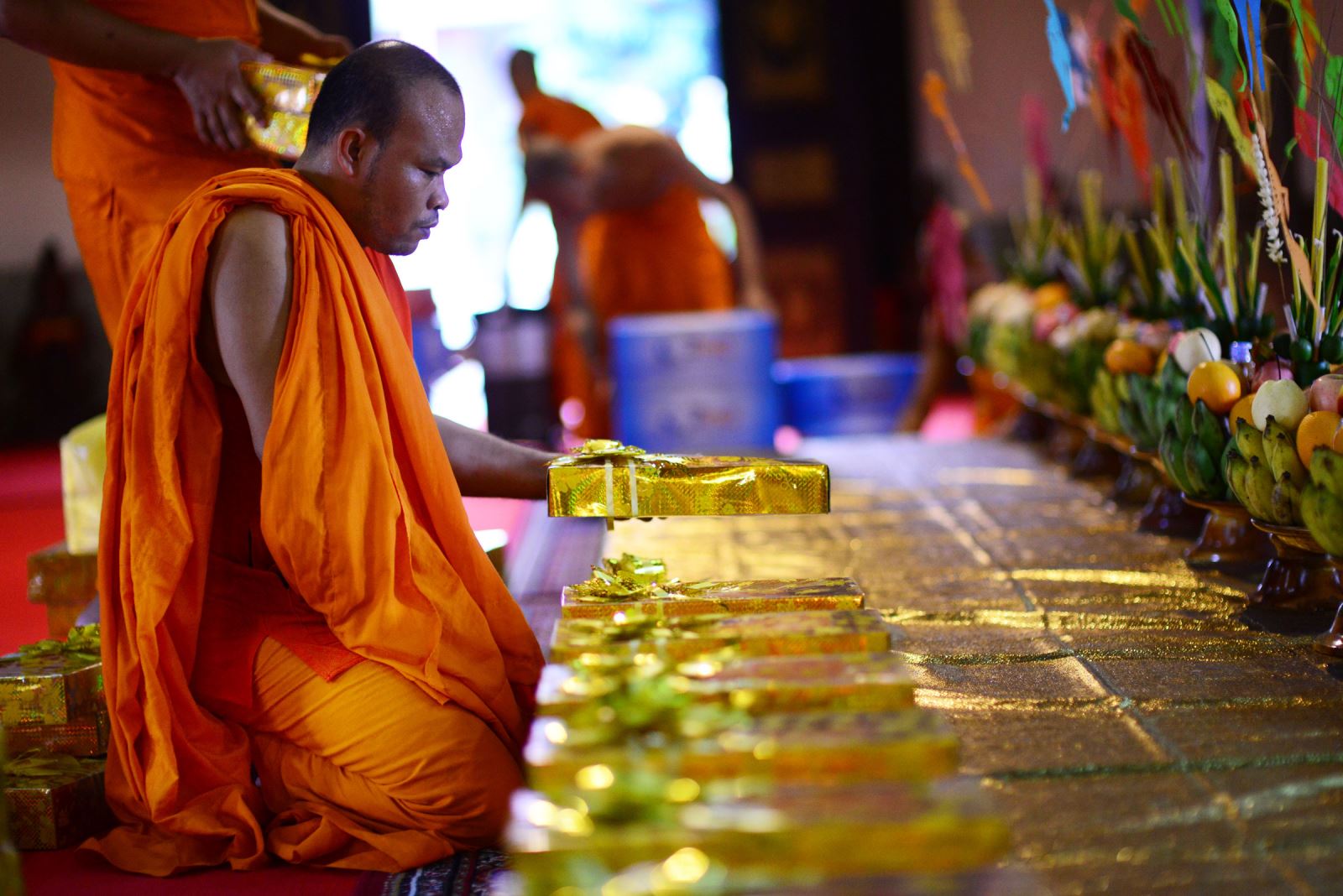
In temples adhering to canonical protocol, the offering of food itself is made from the laypeople to the (living) Buddhist monks, thus generating "merit" that indirectly benefits the dead; however, in many temples, this is either accompanied by or superseded by food offerings that are imagined to directly transfer from the living to the dead, such as rice-balls thrown through the air, or rice thrown into an empty field. Anthropologist Satoru Kobayashi observed that these two models of merit-offering to the dead are in competition in rural Cambodia, with some temples preferring the greater canonicity of the former model, and others embracing the popular (if unorthodox) assumption that mortals can "feed" ghosts with physical food.
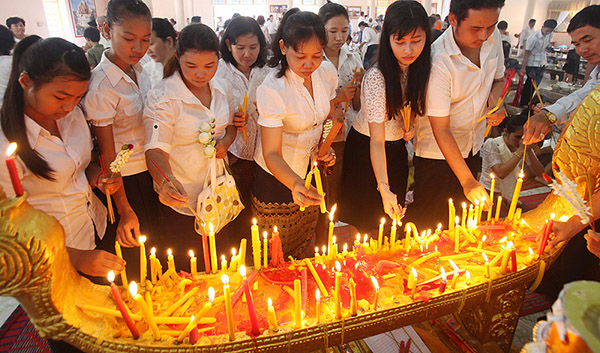
According to wikipedia











